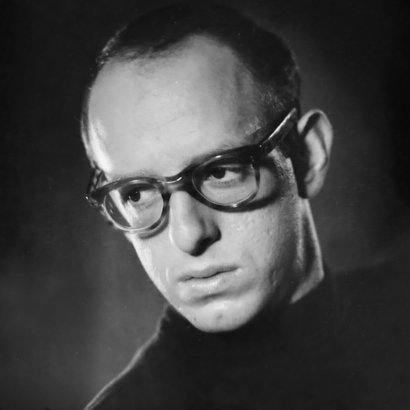An audition used to involve showing up with other actors, waiting your turn, eyeing the competition. When your name was called, you went into a room, handed your picture (an 8 x 10) and résumé (credits, acting teachers, hobbies, and skills) to the casting director, and there might be a few words from the director: “I see you were in (name of play), I saw it, you were wonderful,” or the ubiquitous “Tell us a bit about yourself.”
Today, actors self-record themselves doing the scene and text it over. A callback is now a Zoom, and if you do well, a meeting with the director. Stars audition, too. Brando read for The Godfather. I assume the casting director did not say, “Tell us a bit about yourself.”


